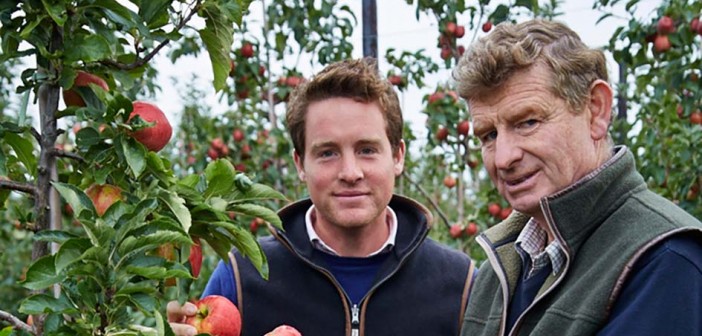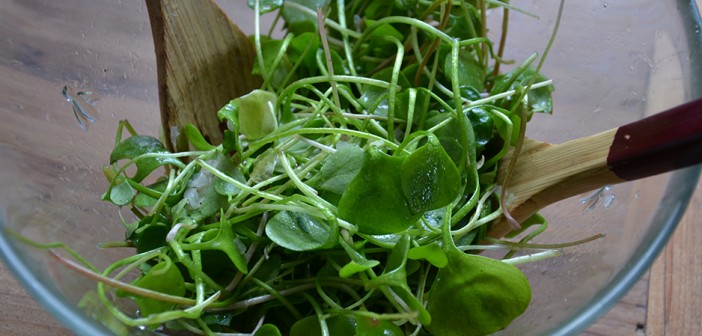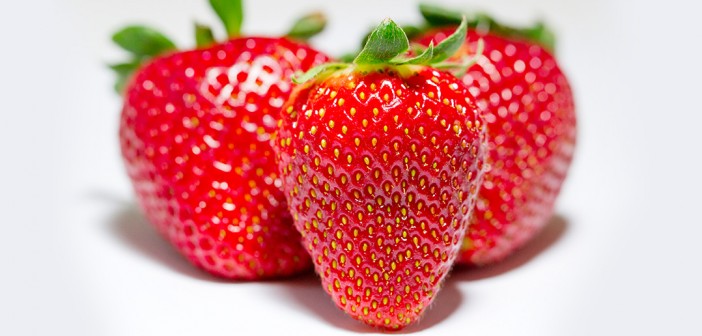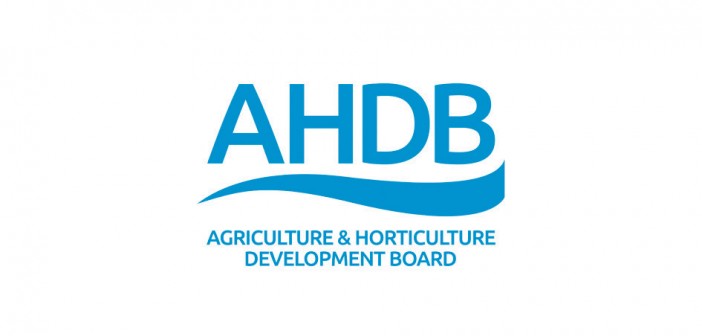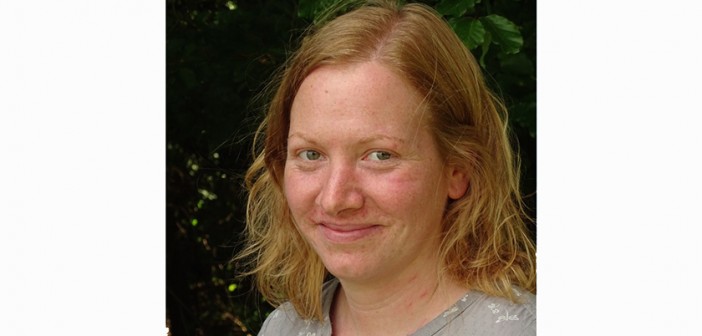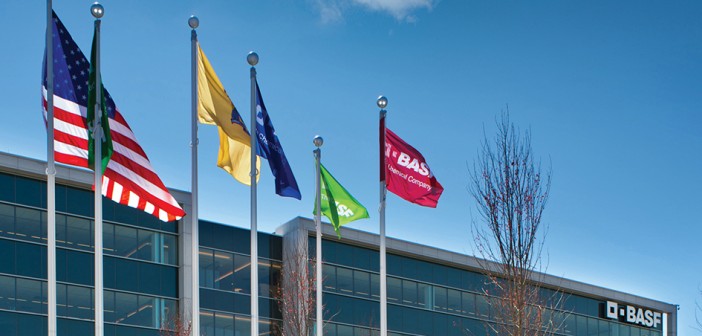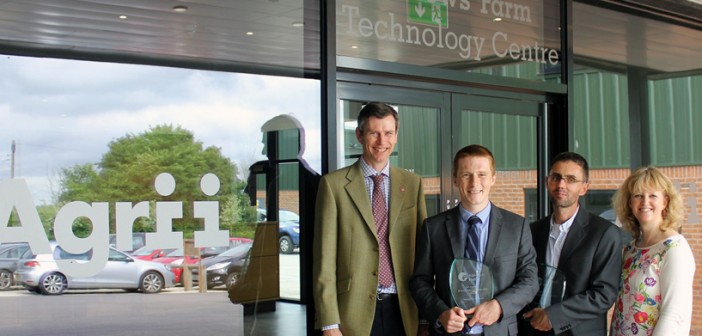Morrisons has said it will cut the average price of its fresh produce by 17 per cent as part of wider price cutting moves which the retailer hopes will shore up its market position.
1,045 products, including meat and toiletries, have been reduced in price in the third round of price cuts by the retailer this year. Morrisons called them its ‘biggest ever price crunch.’ Fresh produce prices will be cut by 17 per cent on average and up to 56 per cent on some fruit and vegetable products.
Andy Atkinson, Morrisons’ customer and marketing director, said, “We are constantly listening to our customers and know they are concerned about whether food prices will go up following the Brexit vote, especially on imports. We are British farming’s biggest supermarket customer, which means we can better control our prices, and this latest round of crunches demonstrates our commitment to offering the best possible value to our customers this summer.”
However, newspapers reported that investors sold shares in the retailer after the announcement, with the share price falling 2 per cent to 182.05 pence on Monday afternoon.
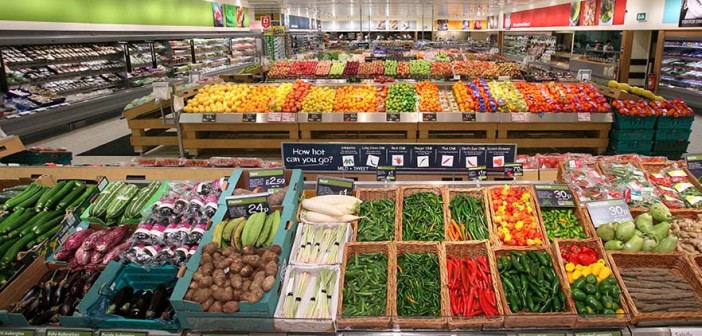
The post Morrisons cuts prices as investors leave appeared first on Hort News.
